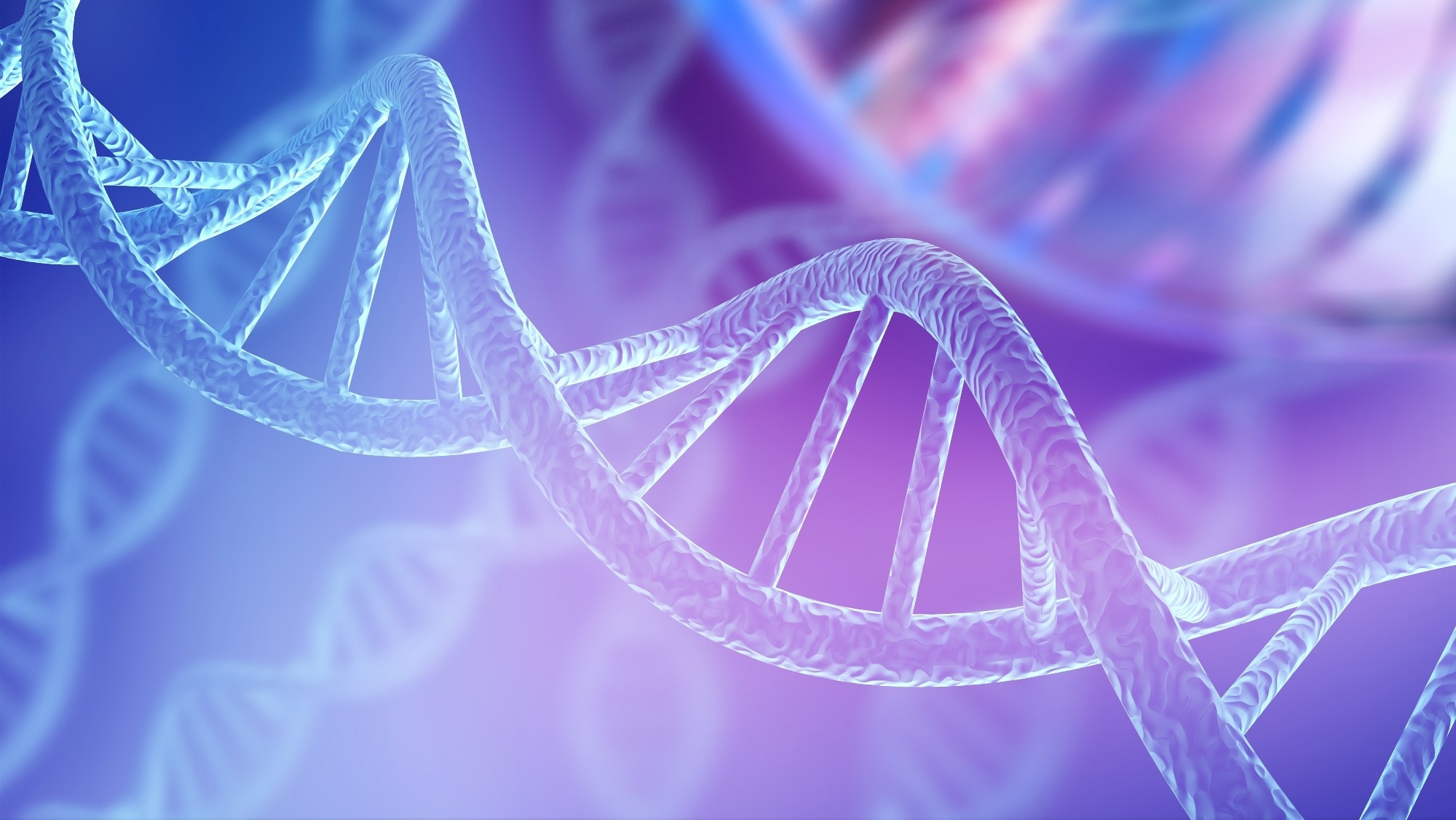Reviewed by Danielle Ellis, B.Sc.Sep 29 2022
As scientists learn how its breaks and repairs affect human defense against neurological disease, “junk” DNA may help develop new treatments for neurological ailments.

Image Credit: GettyImages (University of Sheffield)
The breakthrough study from the University of Sheffield’s Neuroscience Institute and Healthy Lifespan Institute offers critical new insights into the so-called junk DNA, or DNA that was previously believed to be unimportant to the coding of the genome, and how it affects neurological disorders like Motor Neuron Disease (MND) and Alzheimer’s.
Scientists have previously given little concern to the body’s ability to repair junk DNA, which can make up as much as 98% of DNA. However, a recent study published in Nature discovered it is considerably more susceptible to breaks from oxidative genomic damage than previously believed. This has a significant impact on how neurological disorders develop.
The path via which oxidative breakdowns are created and healed was also uncovered by the researchers. It is important to fix these shattered pieces of junk DNA so the body can make the proteins that defend us against sickness.
Oxidative stress is a natural byproduct of cellular metabolism and is susceptible to environmental, dietary, and lifestyle influences. Over time, oxidative stress can harm the DNA, proteins, and cells of the body, speeding up aging and promoting the growth of brain disorders like dementia.
It is believed that this research would pave the way for future studies that could potentially hasten the identification of disease biomarkers and enable earlier intervention to help those who carry the relevant gene delay the start or progression of neurological illnesses, including Alzheimer’s and MND.

Image Credit: Billion Photos/Shutterstock
The significance of repairing DNA breaks in the invisible non-coding genome will open up a whole new field of research, including new targets for therapeutic interventions and biomarkers. By therapeutically targeting components of the pathway, it may help us delay or treat neurological diseases such as dementia.”
Professor Sherif El-Khamisy, Co-founder and Deputy Director, Healthy Lifespan Institute
Professor Sherif El-Khamisy is also the Chair in Molecular Medicine at the University of Sheffield.
He further added, “Until now the repair of what people thought is junk DNA has been mostly overlooked, but our study has shown it may have vital implications on the onset and progression of neurological disease. The research also shows that it could have implications for making cancer treatments more effective.”
This work is important as it paves the way towards being able to identify new drugs to prevent the development of multiple diseases simultaneously and boost resilience in older people.”
Professor Ilaria Bellantuono, Co-Director, Healthy Lifespan Institute, University of Sheffield
The study, which was funded by the Wellcome Trust and the Lister Institute, could also have significant effects on future cancer therapies since the researchers think that blocking NuMA, a crucial pathway component, might make it easier to treat non-dividing, latent cancer cells.
Future studies are anticipated to focus on working with patients to investigate the pathogenic variants connected to this pathway and on developing therapeutic interventions that could benefit people suffering from common neurological disorders like dementia, Alzheimer’s, MND, and Huntington’s Disease.
Source:
Journal reference:
Ray, S., et al. (2022). A mechanism for oxidative damage repair at gene regulatory elements. Nature. doi.org/10.1038/s41586-022-05217-8